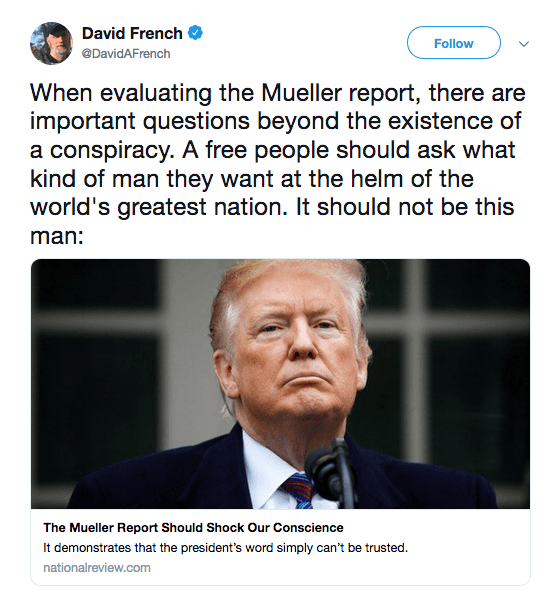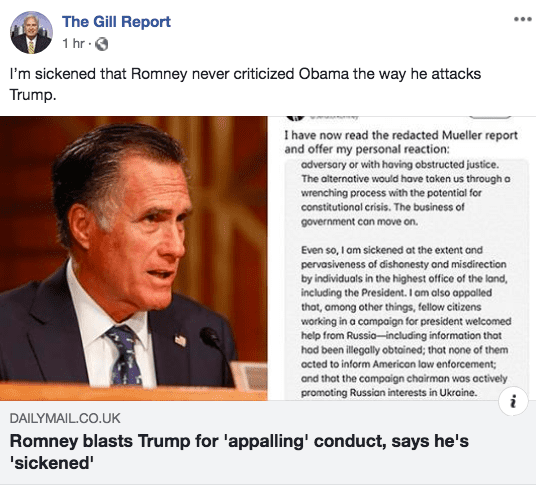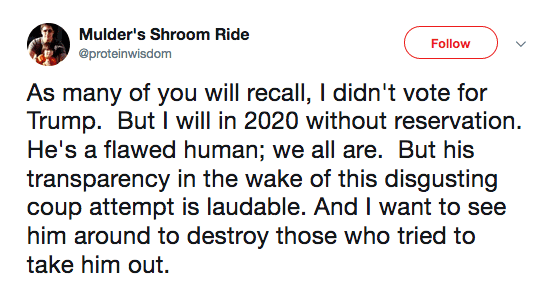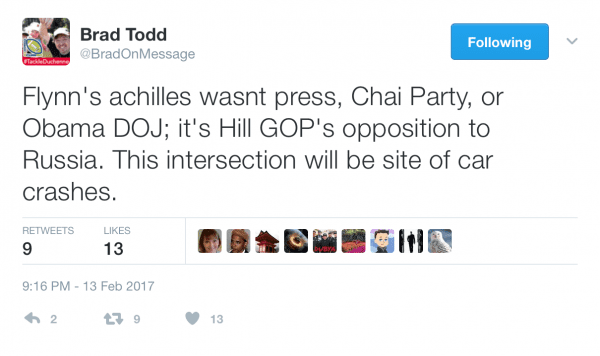I LIKE DAVID FRENCH, BUT THIS IS AHISTORICAL BULLSHIT:

I mean, let’s just look at the presidents of my lifetime: JFK: Adulterer, drug user, made his brother (!) Attorney General, shady mafia connections, stole election. LBJ: Adulterer, much cruder than Trump, started Vietnam War. Nixon: Honestly, better than LBJ but the source of the term “Nixonian.” Ford: Nice guy, failed president. Carter: Nice guy, failed president. Reagan: The GOP gold standard, but a multiply-divorced Hollywood actor whose administration was marked by nearly as much scandal-drama as Trump’s. (Just look up Justice Gorsuch’s mother). George HW: Nice guy, but longtime adulterer and failed president. Bill Clinton: I mean, come on. George W. Bush: Personal rectitude in office, though he’s been a bit of a dick since Trump beat his brother. Iraq War thing didn’t turn out too well. Mediocre judicial appointments and little attention to domestic reforms. Gave us TSA. Obama: Far more scandals, and far more abuse of power, than Trump. And does French forget that Trump was running against Hillary?
But at any rate, the American people had a chance to decide if they wanted a man like Trump in the White House, and they decided that they did. And Trump’s now polling better than Obama did at this point in his presidency, and will almost certainly rise in the polls post Mueller report.
I mean, most of our successful presidents weren’t nice guys — FDR makes LBJ and Nixon look like pikers — and most of the nice guys in that office were failures as president. And Trump’s behavior in office is, by comparison with his predecessor, better, if cruder.
And in terms of his actions, well, Trump’s actual performance in office is looking pretty good. The economy is booming, foreign policy is going better than under his creased-pants predecessor, regulations are being slashed, and the courts are being better-stocked than any Republican president in my lifetime, including Reagan, ever managed.
Against that record, schoolmarmish disapproval pales in importance. But you want an America where a better man than Donald Trump can be a successful president? Then you have to make a better America, not least by crushing the power of the existing, awful, ruling class. And guess what: That’s what Trump’s doing. The NeverTrumpers, meanwhile, have chosen to ally themselves with the problem.
As James Taranto says, NeverTrumpism seems to be primarily an aesthetic phenomenon, and to indulge in it you have to think that our existing ruling class is more attractive than Trump. De gustibus non disputandum est, but I don’t feel that way at all.
Related:




